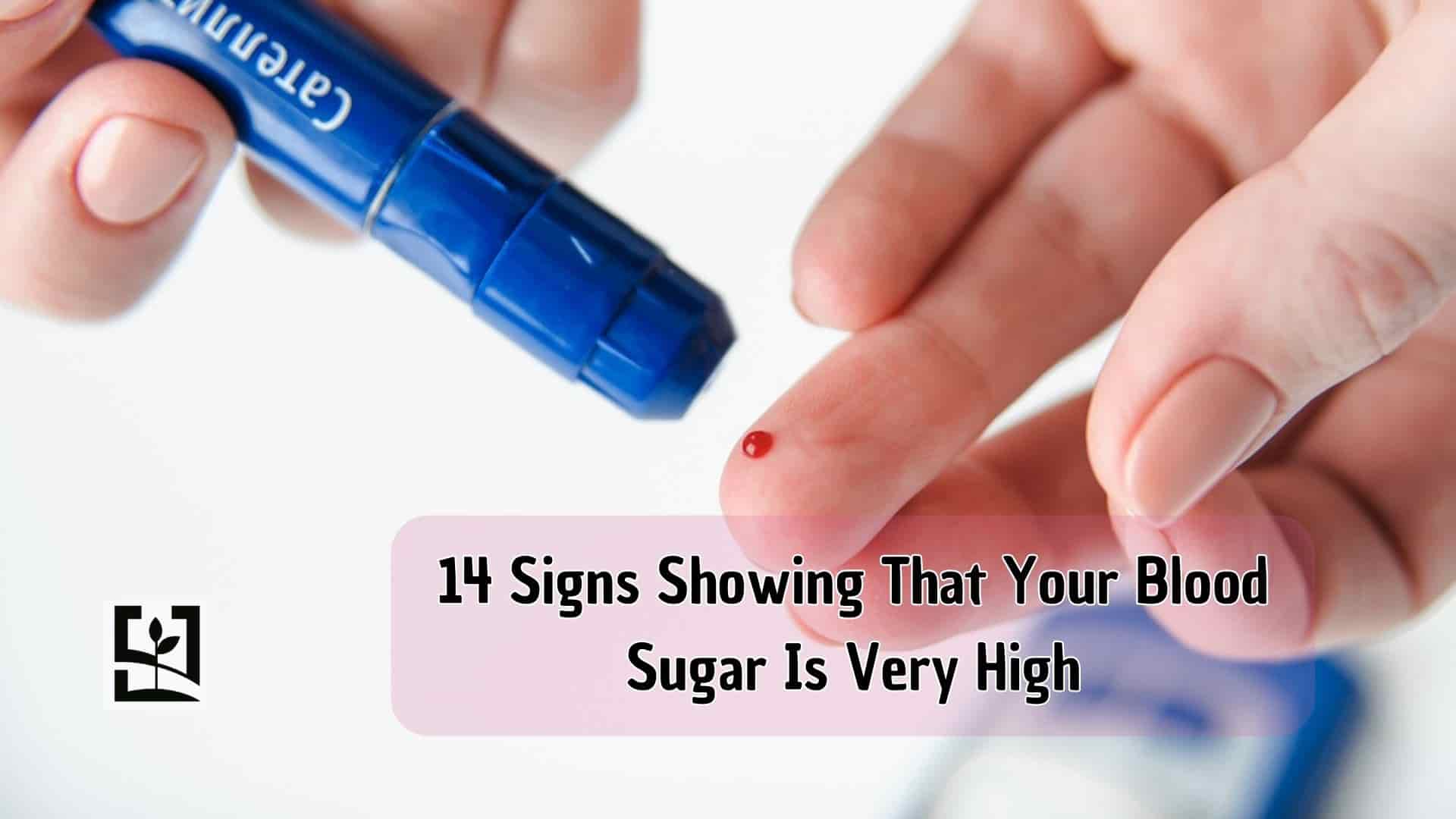Glucose is the most important nutrient for the human body. The amount of glucose in the blood is a measurement of sugar.
When we eat, glucose enters our body and enters our cells.
Hyperglycemia, or too much glucose, usually occurs when the body cannot metabolize glucose properly or does not have enough glucose, a condition known as type 1 diabetes.
The longer the disease lasts, the more severe the damage is to multiple organs, including the kidneys, blood vessels, eyes and nerves.
People with this disease have elevated blood sugar levels, which is due to a variety of reasons including diabetes.
Very stressful
Colds and other illnesses
drying
like
steroid therapy
Hyperglycemia may occur in children and adolescents during adolescence or early adulthood.
Symptoms of high blood sugar
If your blood sugar levels are high, it doesn’t mean you have diabetes; it’s just a reminder. Surprisingly, some people do not experience the side effects of high blood sugar.
Symptoms of high blood sugar include:
Frequent urination and night mist
dry mouth
There will be no merger.
recurrent disease
disabled people
wound healing agent
Weakness and tiredness
constant thirst
Dry and swollen skin
feel hungry often
weight gain and stomach upset
nervous system problems
The basic GI index ranges from 0 to 100 and reflects the amount of carbohydrates in the diet that raise blood sugar levels. Check out this list of foods with a low GI index that will make you fitter if you consume them every day.






